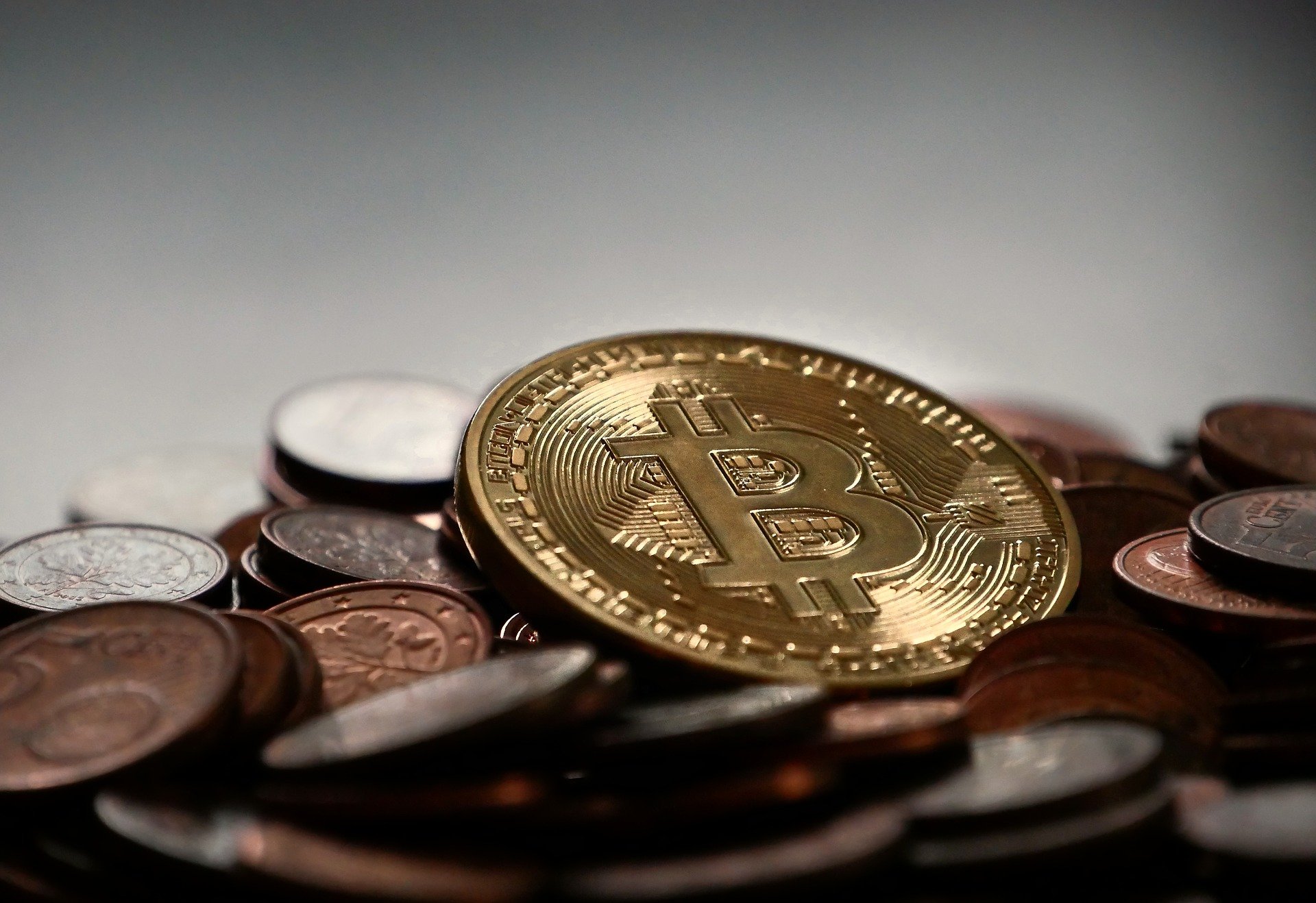
Why Governments Should Not Regulate Bitcoin
(MENAFN- CCP Marketing)
Satoshi Nakamoto invented Bitcoin as a peer-to-peer network, allowing users to transact without any external intervention. That is still the case but regulators have continually expressed concerns that cryptocurrencies facilitate criminal activities such as money laundering and terrorism funding. Thus, they propose new policies to monitor and control the crypto market, protecting users from such risks. However, Bitcoin proponents also insist regulating it would significantly hinder its intended applications as a decentralized currency.
Financial regulators, experts, and academics remain divided on whether Bitcoin should be subject to government regulations or not. Nevertheless, here’s why governments should not regulate Bitcoin.
Limiting Access to Capital
Fiat currencies are subject to government regulations, meaning the state controls their usage. The most significant disadvantage of such a system is that it only favors the wealthy and powerful individuals who influence the government. And this leaves the majority in despair, forcing them to either bribe or appease the institutions to transact.
Bitcoin’s decentralization enables anyone with a smartphone and internet connection to join the network and transact. Users can send and receive money, trade, and invest in Bitcoin through crypto exchanges such as https://ethereum-trader.app/ without government or institutional intervention. Therefore, regulating Bitcoin would significantly curtail that freedom, limiting access to capital.
Curtailing Financial Inclusion
Bitcoin encourages financial inclusion since users do not need bank accounts or third parties to transact. Besides, Bitcoin users do not rely on money processors to send and receive money worldwide. That facilitates seamless cross-border transactions without any external interference, allowing even the unbanked populations to transact with the rest of the world.
Imposing government regulations on Bitcoin would significantly hinder financial inclusion, restricting its usage. Those regulations could mean users must go through a central authority to transact. Besides, it would also limit the volume of Bitcoin transactions, making it extremely difficult for most people to transact with the rest of the world.
Diminishing Trust in Financial Transactions
While government regulations vary from one jurisdiction to another, they also have some similarities. For instance, fiat currency transactions must involve third parties such as banks and money processors. That has been the basis of commerce in most countries worldwide but, it also erodes trust because of the multiple players involved.
Bitcoin transactions occur exclusively on a blockchain, without an intermediary. It validates users’ addresses and transaction data on a permanent public ledger, offering greater transparency and accountability in financial transactions since the catalog is irreversible.
Regulating Bitcoin would allow third parties to take part in transactions, increasing the risks of compromise. Many institutions would abuse that authority, using their regulatory powers to manipulate Bitcoin transactions and compromise users’ data. Government regulations would significantly erode the element of transparency in Bitcoin transactions, exposing users to multiple financial risks.
Higher Transaction Fees
The absence of third parties from Bitcoin transactions is one of the reasons behind the lower fees. Bitcoin limits transfer to only the two parties involved; sender and recipient. Consequently, government regulations would impose several players at the different transaction stages, each demanding a cut from the transacted amounts. That would significantly hike the transaction fees, impacting a substantial financial burden on Bitcoin users.
While Bitcoin regulations might seem as good, they would immensely jeopardize its application as a decentralized currency. Those regulations would adversely affect the individuals and businesses already using Bitcoin, impacting a less-trustworthy, restrictive and costly financial system. Government regulations would also hinder global financial inclusion and accessibility to capital, leaving the majority in poverty and desperation. Besides, regulations would also drive criminals underground, making it very difficult for the authorities to track financial crimes like fraud and money laundering. Thus, the government should not regulate Bitcoin.
MENAFN15112021006171013398ID1103172097
CCP Marketing
Legal Disclaimer:
MENAFN provides the
information “as is” without warranty of any kind. We do not accept
any responsibility or liability for the accuracy, content, images,
videos, licenses, completeness, legality, or reliability of the information
contained in this article. If you have any complaints or copyright
issues related to this article, kindly contact the provider above.


















Comments
No comment